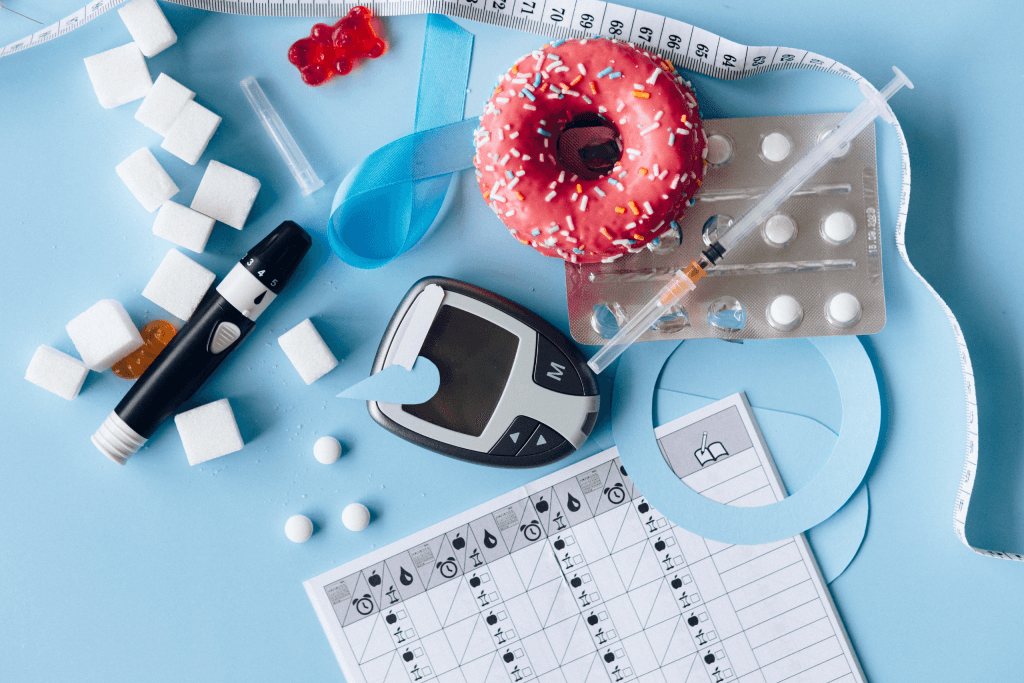
Diabetes Monitoring
West Midlands
Monitoring your diabetes is a vital part of managing the condition and maintaining long-term health. Regular monitoring helps ensure that your blood sugar levels stay within a healthy range, reducing the risk of complications like heart disease, kidney damage, and nerve problems. At OneMedicine, we offer comprehensive diabetes monitoring services to help you stay on top of your condition and make any necessary adjustments to your treatment plan.
Why is diabetes monitoring important?
Whether you have type 1, type 2, or gestational diabetes, ongoing monitoring is essential for controlling your blood sugar levels and preventing complications. Diabetes monitoring allows you and your healthcare provider to track how well your treatment plan is working, make changes when needed, and catch any potential issues early. By keeping your blood sugar levels within the recommended range, you can lead a healthier, more active life.
What does diabetes monitoring involve?
- HbA1c test: This test measures your average blood sugar levels over the past 2-3 months. It’s a key indicator of how well your diabetes is being controlled and is typically performed every 3 to 6 months.
- Blood glucose tests: These are often used for daily or weekly monitoring, especially if you are managing your diabetes with insulin. Blood glucose tests provide immediate information about your current blood sugar levels.
- Kidney function tests: High blood sugar levels over time can damage your kidneys. Regular kidney function tests help monitor the health of your kidneys and ensure early detection of any issues.
- Cholesterol and blood pressure checks: Diabetes can increase the risk of heart disease, so regular monitoring of your cholesterol levels and blood pressure is important to keep your cardiovascular health in check.
How often should you monitor your diabetes?
The frequency of diabetes monitoring depends on the type of diabetes you have and how well it’s being controlled. Generally:
- HbA1c tests should be done every 3 to 6 months to track long-term blood sugar levels.
- Daily or weekly blood glucose testing may be necessary, particularly for individuals using insulin.
- Kidney function, cholesterol, and blood pressure checks should be part of your regular health assessments, often done yearly or more frequently if recommended by your doctor.
Your healthcare provider will work with you to develop a personalised monitoring plan based on your individual needs.
How can diabetes monitoring help?
Regular diabetes monitoring plays a crucial role in managing your condition by giving you essential insights into your blood sugar levels and overall health. Staying proactive with regular monitoring allows you to prevent serious complications, such as heart disease, nerve damage, and kidney problems.
It also helps ensure that your treatment plan is effective, allowing adjustments to be made if necessary—whether it involves changes in medication or lifestyle habits.
By keeping your blood sugar levels within a healthy range, you can enjoy a better quality of life, staying active and feeling well.
Do you have other questions?
At OneMedicine, we provide expert diabetes monitoring services to help you manage your condition with confidence. Our experienced team will work with you to create a tailored monitoring plan, ensuring that your diabetes is under control and your health is protected.






